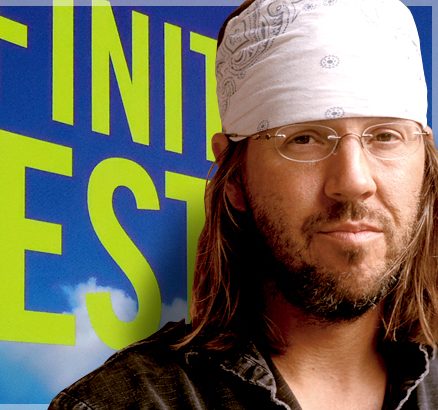How to Overcome Discouragement as an Author
Today’s guest post is by Emma Eggleston.
Writing is your passion. You spend hours dreaming up the perfect characters and their marvelous adventures, months writing the first draft, and weeks rewriting, editing, and tweaking your work.
All your friends and family have read your manuscript, and they absolutely love it. You are at the point where you are satisfied with the story you have created. You research the top literary agents for your genre, craft a flawless query, cross your fingers, and bravely send out your submissions.
Then, you wait.
Slowly, the responses start trickling into your in-box. Your heart starts to race as you click that email notification and prepare yourself to read the message. Your eyes quickly scan the words, and your stomach drops when you realize it’s a no.
Time after time, you find yourself facing rejection. Your book is your baby; your characters are your best friends. You would be lying if you said the rejection didn’t hurt. Now, you are questioning whether or not your book is as good as you thought. Months of sacrifice and weekends spent agonizing over your manuscript only to receive disappointing responses leaves you feeling like throwing in the towel altogether.
Is this you? Have you been here before? I know I have.
It’s easy to feel discouraged when your novel is rejected by literary agents or publishers. For the self-publishers out there, you also know what this feels like when you struggle to get your books out of the garage, onto bookstore shelves, and into people’s hands.
Becoming a successful writer is tough. It just is. The field is competitive, and sometimes knowing the right people is more important than having the best manuscript. But I believe that if you have the talent and the right story you can make it even if you’ve faced rejection more times than you can count. The key is to persevere and continue advocating for your story.
Have you heard of J. K. Rowling? Of course you have. Did you know that when she started her journey as a writer she was a single mother and describes herself as being “as poor as it is possible to be in modern Britain without being homeless”? You can imagine her disappointment when her manuscript was rejected by all twelve of the literary agencies she submitted to, but she didn’t give up.
Finally, an editor saw a small bit of potential in Harry Potter and the Sorcerer’s Stone and decided to give it a chance. After months of struggle and rejection, Rowling’s book found itself flying off bookstore shelves, and the Harry Potter mega-franchise began to blossom into what it is today.
Dr. Seuss, possibly the most notorious children’s author of all time, was rejected by a whopping twenty-seven publishers. The man was overcome with discouragement and decided he was going to burn his manuscript And to Think I Saw It on Mulberry Street. As he was walking home to complete the deed, he ran into a friend who was a children’s editor. The friend requested to read the manuscript and ultimately decided to publish the book, launching Dr. Seuss’s extremely successful career.
Kathryn Stockett, author of the ground-breaking novel The Help was rejected sixty times. Yes, you read that right—sixty. But she didn’t give up. Eventually, the novel would land on the New York Times best-seller list for more than one hundred weeks. Two years after its publication, the film adaptation of The Help and its cast would win over twenty awards, including an Oscar, Golden Globe, and Critics’ Choice.
Louisa May Alcott was told to “stick to teaching.”
Beatrix Potter chose to self-publish after rounds of rejection.
Rudyard Kipling was told he didn’t know how to use the English language.
Gertrude Stein’s poems were rejected for twenty-two years before any were published.
Chicken Soup for the Soul was rejected 134 times.
And the list goes on and on.
You see, when it comes to writing, you are going to inevitably face criticism and rejection. At the beginning, you’ll find that more people dislike what you are doing than like it, but that doesn’t mean your work isn’t worth something. It means you need to work harder.
All of the authors listed above have one thing in common (except for Dr. Seuss, who got a little lucky). They didn’t stop when they were rejected. They kept going. They sent out more queries. Some got creative and self-published. They worked harder at their craft and perfected their writing. Eventually, they got the success and acclaim they deserved, but not before a lot of blood, sweat, and tears.
That’s what writing is all about though. Isn’t it? It’s about putting in the time and the effort to share your passions with the world. If it takes a little more work than you expected or you face more resistance than you hoped for, don’t give up. It might just be a sign that you have a work of genius on your hands.
 Emma Eggleston is an aspiring novelist. Currently, she studies journalism at Lehigh University and interns with Girls’ Life magazine. In her spare time, she writes fiction and works on her blog. You can connect with Emma on LinkedIn.
Emma Eggleston is an aspiring novelist. Currently, she studies journalism at Lehigh University and interns with Girls’ Life magazine. In her spare time, she writes fiction and works on her blog. You can connect with Emma on LinkedIn.
Featured Photo by Ronaldo de Oliveira on Unsplash












An excellent article with some very helpful ‘famous writers” experience. Thanks for posting!